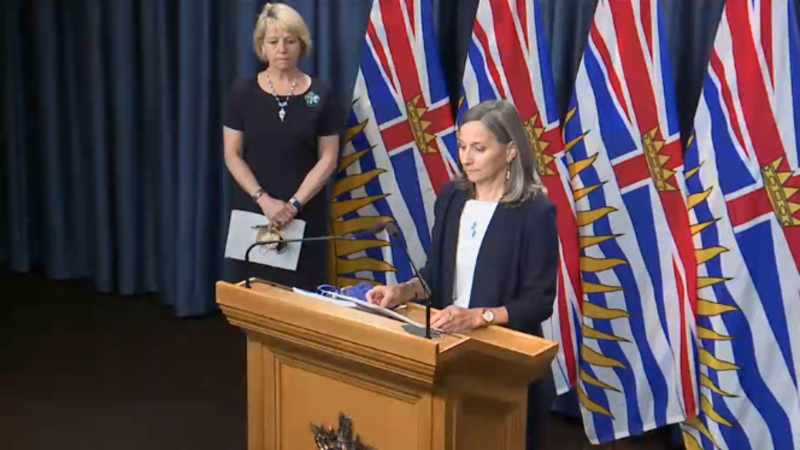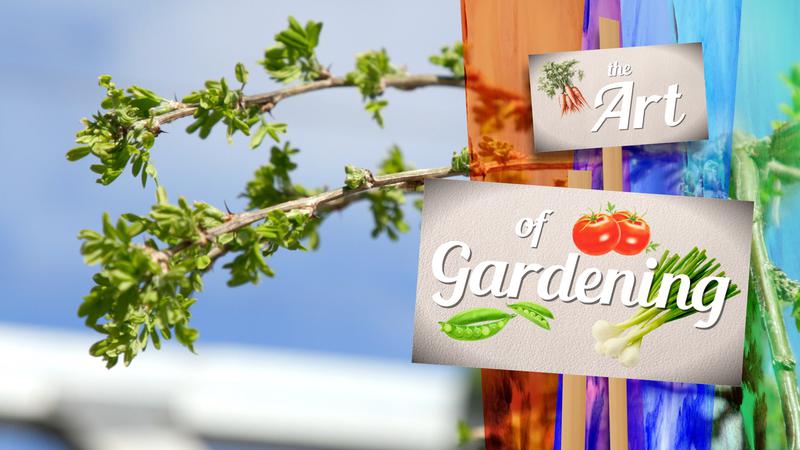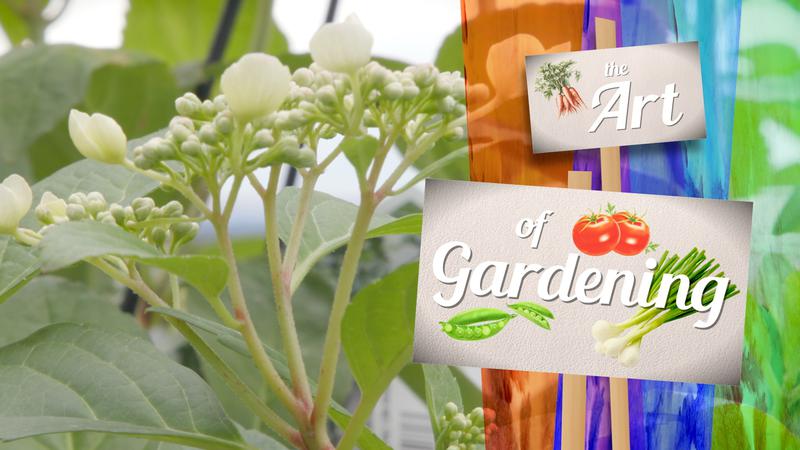
B.C. saw 175 more illicit drug overdose deaths in July; Kamloops has already exceeded 2019 total
VICTORIA — B.C. saw 175 illicit drug overdose deaths in July, the third consecutive month of more than 170 overdose deaths in the province.
Provincial health officials spoke to the new totals in a news conference Tuesday morning (Aug. 25).
“The record numbers of people — people in our community, our families, our neighbours, our brothers and sisters who are dying every day — is at a record high,” said Provincial Health Officer Dr. Bonnie Henry, her voice wavering. “My heart and my condolences go out to every family member — every mother, every father, every brother, sister or friend — who has lost somebody in the last month.”


